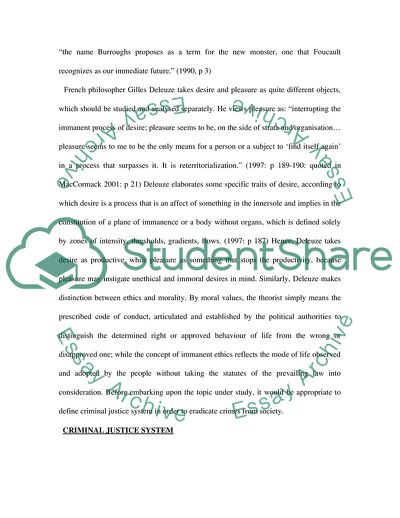Cite this document
(Criminology of Pleasure Assignment Example | Topics and Well Written Essays - 3000 words, n.d.)
Criminology of Pleasure Assignment Example | Topics and Well Written Essays - 3000 words. https://studentshare.org/law/1717020-criminology-of-pleasure-sc3033c
Criminology of Pleasure Assignment Example | Topics and Well Written Essays - 3000 words. https://studentshare.org/law/1717020-criminology-of-pleasure-sc3033c
(Criminology of Pleasure Assignment Example | Topics and Well Written Essays - 3000 Words)
Criminology of Pleasure Assignment Example | Topics and Well Written Essays - 3000 Words. https://studentshare.org/law/1717020-criminology-of-pleasure-sc3033c.
Criminology of Pleasure Assignment Example | Topics and Well Written Essays - 3000 Words. https://studentshare.org/law/1717020-criminology-of-pleasure-sc3033c.
“Criminology of Pleasure Assignment Example | Topics and Well Written Essays - 3000 Words”. https://studentshare.org/law/1717020-criminology-of-pleasure-sc3033c.


